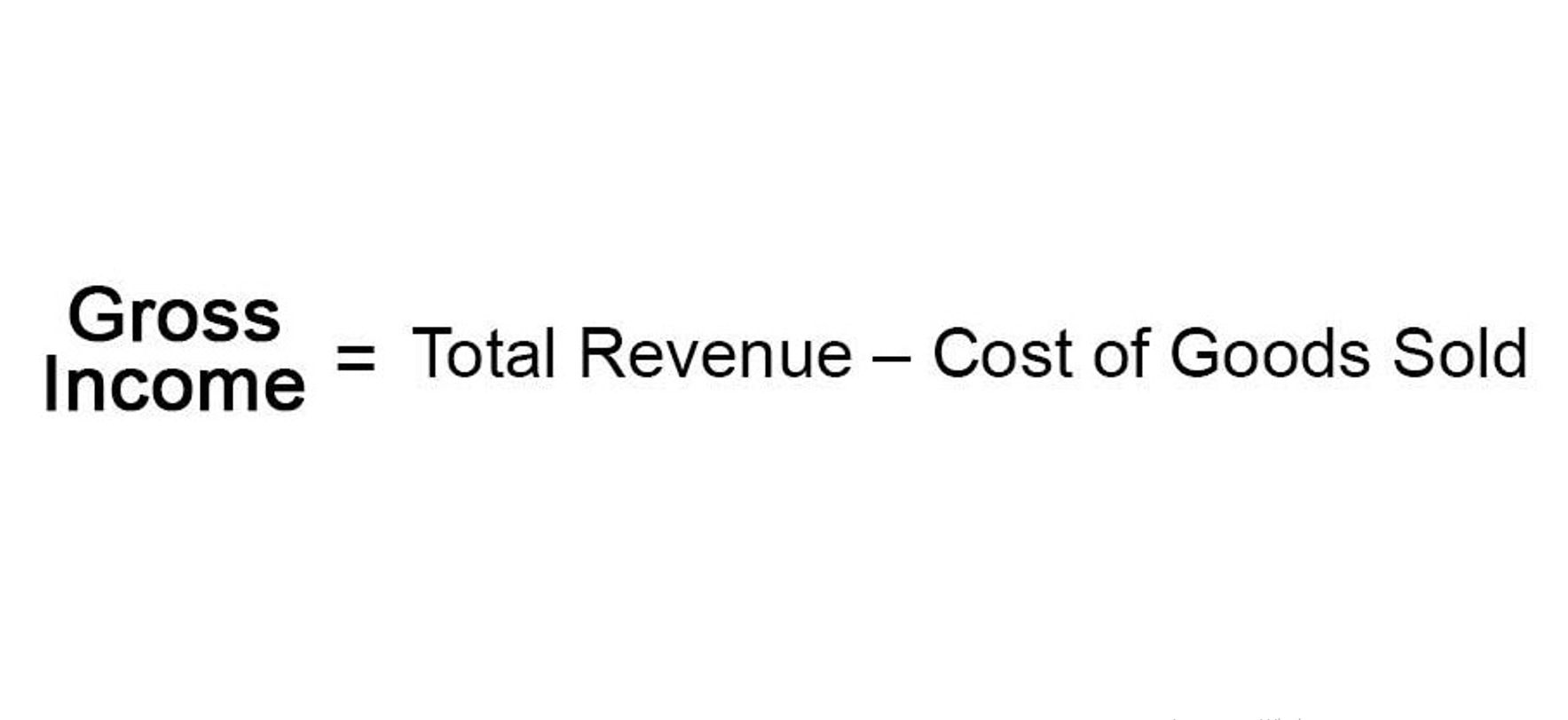
Shoeboxed is an expense & receipt tracking app that helps you get reimbursed quickly, maximize tax deductions, and reduce the hassle of doing accounting. Find out how to tailor bookkeeping to the construction industry and ensure that each job is profitable. Our team of expert consultants is certified in Sage 100 Contractor, ensuring financial peace of mind for your construction business. Simplify financial management and gain real-time visibility with expert support. Control expense tracking and minimize costly duplicated payments to save money. If you don’t have a bookkeeper, you’ll be responsible for reconciling your bank accounts.
Construction accounting FAQs
- Things like suppliers, labor, and leased equipment are considered direct expenses.
- Without proper tracking, businesses risk overspending on certain projects or underestimating their expenses, leading to poor profitability analysis.
- The tax landscape for construction businesses is complex, involving deductions for equipment depreciation, subcontractor payments, and travel expenses.
- As of December 2018, all companies reporting under GAAP need to follow ASC 606.
- Moreover, this is also something that you need to bear in mind, as the knowledge and skill set required are not time-sensitive.
- Users can also create custom tags to categorize expenses according to specific projects or clients, facilitating easier tracking and reporting of project costs.
- Real-time financial reporting and analytics to track cash flow, profitability, and project performance.
Construction-specific accounting software is usually just one component of a total ERP (enterprise resource planning) solution. ERP software for construction and contractors should help you with job costing, subcontractor management, project management, and other tasks unique to the construction industry. It should also offer at least the accounting basics, such as general ledger creation, estimating, and invoices. Managing the financial intricacies of a construction business requires expertise, precision, and a deep understanding of industry-specific accounting practices.
Manage subcontractor payments:
Failing to allocate costs to specific jobs can result in inaccurate profitability analysis, leaving owners uncertain about which projects are truly profitable. Implementing a reliable job costing system helps track expenses related to each project, allowing for more accurate budgeting and financial planning. Our accounting services are ranked as the best construction accounting firms because we have experience over the bookkeeping for construction business years and know how to tailor the accounts.
How do construction companies implement job costing?

The accrual https://www.blogrojak.com/a-l-business-finance-abbreviation-meaning/ method offers a more forward-looking view of a company’s finances by recognizing revenues and expenses as soon as bills are sent and received. For example, a construction company that has sent a bill for payment will record it as revenue even though the payment itself has not yet been received. Similarly, when the business receives a bill from a vendor or supplier, it will be recorded as an expense even if payment hasn’t yet been sent. Based on the project’s necessary job types and activities, you’ll be paying varying rates.
Not tracking employee or contractor payments properly

This should include categories like labor costs, material purchases, equipment costs, overhead expenses, and direct and indirect costs. By doing so, construction companies can track financial transactions and project-specific expenses efficiently. Unlike traditional accounting practices, construction accounting places a strong emphasis on tracking the financial performance of individual projects. It ensures that cost management is accurate, revenue recognition aligns with project milestones, and regulatory compliance is maintained across the board. With the US construction market expected to grow by 12% in 2025, adopting efficient accounting practices is crucial for companies looking to stay competitive and financially resilient. This guide delves into the core principles, common challenges, and best practices in construction accounting to empower businesses to thrive in an increasingly complex and dynamic environment.

Which method of accounting is best for a construction company?
Automation reduces manual errors and saves time in construction bookkeeping. Automated systems streamline invoice collection, approval workflows, and expense tracking, allowing bookkeepers to process financial data more efficiently. Internal controls are procedures and policies that construction companies put in place to ensure the accuracy and integrity of their financial records. Construction companies should have a system of internal controls in place that includes segregation of duties, regular audits, and oversight by management.

We also looked at the range of costs between the various pricing tiers that a provider offered and the value that those plans offered to users. This helps make sure that information is current and that nothing is forgotten. Change orders are made easy where you can manage all the moving parts of the change order to keep everyone in the loop on new requests. It even allows you to invite owners to collaborate on change orders to fully understand what is required by them before you put resources to work. Each plan offers the basics needed to run your construction business, including scheduling, daily logs and a to-do income summary list. Project management is critical to meeting budgets on your construction sites.
